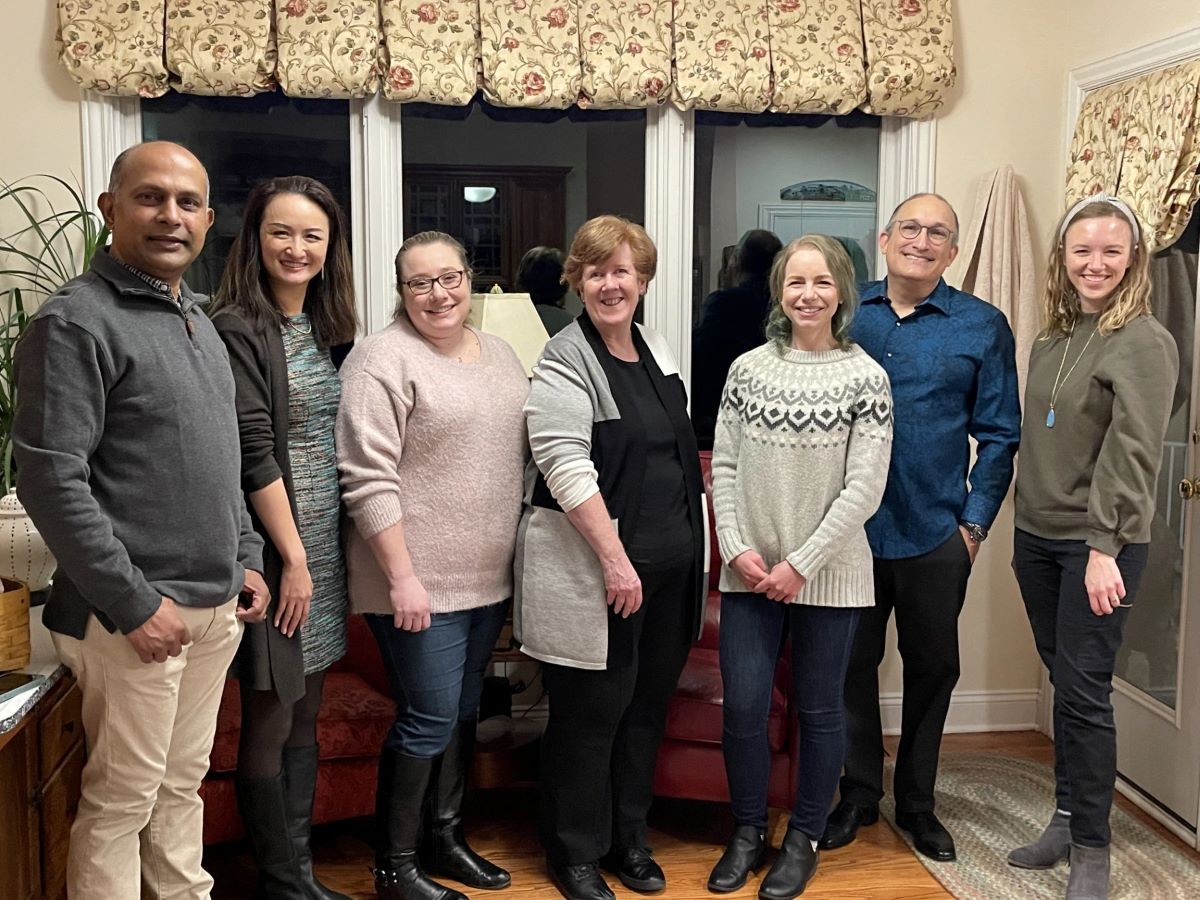
For people who stutter, Siri, Alexa, and other voice-activated artificial intelligence technologies can feel like foes rather than friends.
These technologies — hailed by most for their efficiency and convenience — fail on all counts for people who stutter like Jia Bin, an MSU doctoral student from China who leads the East Lansing chapter of the National Stuttering Association and belongs to the World Stuttering Network.
“It’s daily,” said Bin of her frustrations using automated voice systems, which typically cut her off, don’t start in the first place, or misunderstand her. “Technology is supposed to help people communicate better, but the current level of voice AI makes people who stutter feel discriminated against by the technology itself.”
And the stakes are higher than mere inconvenience. Voice-activated technologies have saturated other aspects of everyday life — calling a doctor, using car safety features, even applying for jobs — further excluding those with speech differences.
A multidisciplinary team of MSU researchers has set out to change this by developing an app that will make voice-activated artificial intelligence accessible to people who stutter. The team includes experts representing engineering, communication differences and disorders, psychology and people who stutter.
“We have the potential to make a difference for people who are getting left behind by the advances we have seen around us,” said principal investigator Nihar Mahapatra, an associate professor of electrical and computer engineering at MSU.
Voice AI technology like Siri often does not work for people who stutter. Funded with a $5 million NSF grant, a team of MSU researchers has set out to change that with an app called HeardAI.
To read the full story, visit the Engaged Scholar eNewsletter from University Outreach and Engagement.
MSU College of Engineering Media and Public Relations page